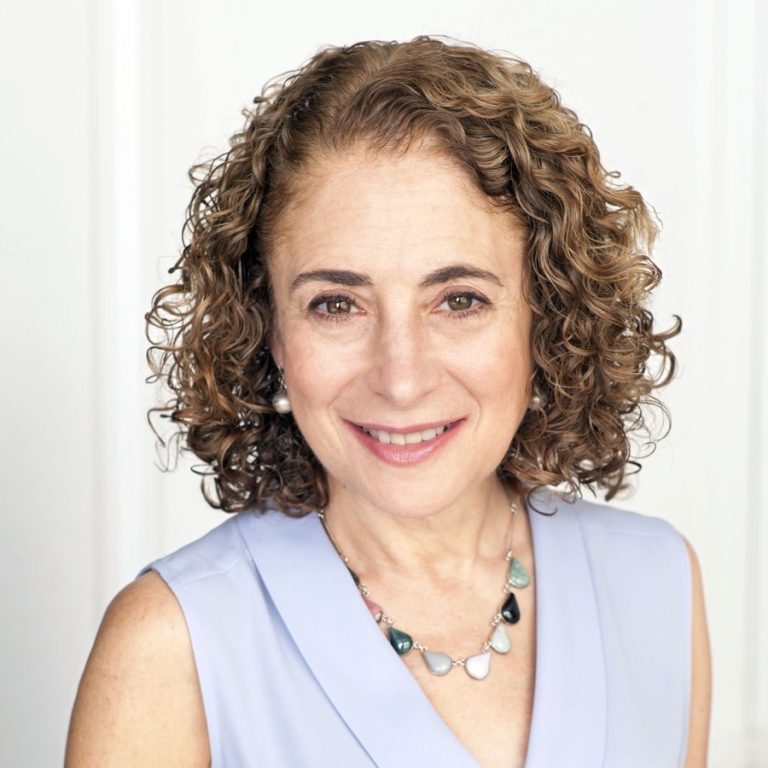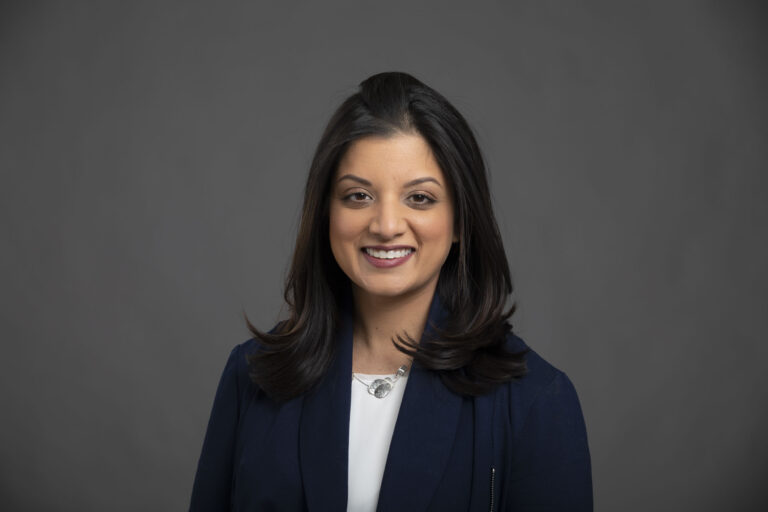
How Insurance Company Rejections Impact Medical Care
If you need surgery, medication or some other medical intervention, you count on your health insurance company to pay the bill. When the treatment is unusual or the expected cost is especially high, it seems reasonable to ask for prior approval. Increasingly, though, insurance companies are denying those requests and not paying the claims. How do insurance company rejections impact medical care? We talk with a highly experienced journalist and a cancer doctor.
You may want to listen through your local public radio station or get the live stream at 7 am EDT on your computer or smart phone (wunc.org). Here is a link so you can find which stations carry our broadcast. If you can’t listen to the broadcast, you may wish to hear the podcast later. You can subscribe through your favorite podcast provider, download the mp3 using the link at the bottom of the page, or listen to the stream on this post starting on July 1, 2024.
Denials of Claims Are on the Rise:
We begin by speaking with Dr. Elisabeth Rosenthal, Editor-in-Chief of Kaiser Health News. She recently wrote an opinion piece for the Washington Post titled “Denials of health-insurance claims are rising – and getting weirder.” What could be weirder than a letter addressed to a newborn baby who needed neonatal intensive care denying a claim for the final day in the NICU?
Health insurance companies are supposed to apply the funds they collect through premiums to paying claims for the health care people need. Increasingly, though, they are declining to pay those claims.
How Health Insurance Company Rejections Impact Medical Care:
When health insurance companies demand preauthorization of treatment, it can interfere with emergency care. If you are having an anaphylactic reaction or a heart attack, you need care immediately, not after hours, days or weeks of waiting for an insurance company employee to determine whether or not they will cover it. Dr. Rosenthal describes a situation in which an adolescent had a life-threatening allergic reaction. Doctors in the emergency department saved his life with epinephrine and intravenous steroids. His family’s insurance company refused to pay, however, claiming the treatment was “not medically necessary.”
Who Is in Charge of Health Insurance Company Rejections?
Dr. Rosenthal suggests that one of the reasons health insurance companies have increased their rate of rejected claims is that more of these are automated. The informal attribution of one position as “denial nurse” tells you what the expectation is. As Dr. Rosenthal has written, medicine has become big business. Now health insurance is, too. These two mighty industries are battling over who can make more money from our illnesses.
Health Insurance Companies Second-Guessing Cancer Treatment:
We also talk with Dr. Shikha Jain, an oncologist caring for patients with gastrointestinal malignancies. She describes spending hours trying to get someone at the health insurance company to acknowledge that her cancer treatment plan is necessary and should be covered. These are hours in which she is not seeing other patients who could benefit from her attention. Although the appeals she issues are termed “peer-to-peer” consultations, she laments that too often the person she ends up speaking to is not an oncologist and occasionally not even a physician. Health insurance company rejections can have a deleterious impact on a patient’s cancer care, often delaying treatment with unfortunate results.
How Can We Fix This Mess?
Neither Dr. Rosenthal nor Dr. Jain is optimistic that there will be a fix for this problem any time soon. In Dr. Jain’s field, treatments can often cost tens or sometimes hundreds of thousands of dollars. Occasionally, the best treatment has been established through a study, but the FDA has not yet approved it for that particular tumor or situation. Health insurance company rejections are especially likely when the intervention does not have FDA approval.
Both our guests agree that patients and physicians should not take “no” for an answer. But the persistence or outright tenacity required to take on health insurance company rejections may be more than many of us could muster. The current system is not working; how could we change it so it would?
This Week’s Guests:
Dr. Elisabeth Rosenthal, Editor-in-Chief, joined Kaiser Health News in September 2016 after 22 years as a correspondent with The New York Times, where she covered a variety of beats from health care to environment and did a stint in the Beijing bureau. While in China, she covered SARS, bird flu and the emergence of HIV/AIDS in rural areas. Her book, An American Sickness: How Healthcare Became Big Business and How You Can Take It Back was a New York Times best-seller and a Washington Post notable book of the year. She is a graduate of Stanford University and Harvard Medical School and briefly practiced medicine in a New York City emergency room before converting to journalism.

Dr. Elisabeth Rosenthal, author of An American Sickness
Dr. Shikha Jain is a board-certified hematology and oncology physician. She is a tenured associate professor of medicine in the Division of Hematology and Oncology at the University of Illinois Cancer Center in Chicago. Dr. Jain is the Director of Communication Strategies in Medicine and the Associate Director of Oncology Communication & Digital Innovation. She is a founder and CEO of the COVID19 action and advocacy group IMPACT, founder and Chair of the Women In Medicine Summit, and founder and President of the 501(c)(3) nonprofit Women in Medicine®
You can reach her through her website https://shikhajainmd.com/contact/

Shikha Jain, MD
Listen to the Podcast:
The podcast of this program will be available Monday, July 1, 2024, after broadcast on June 29. You can stream the show from this site and download the podcast for free.

